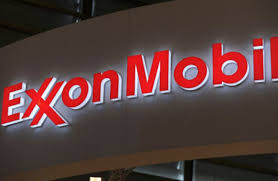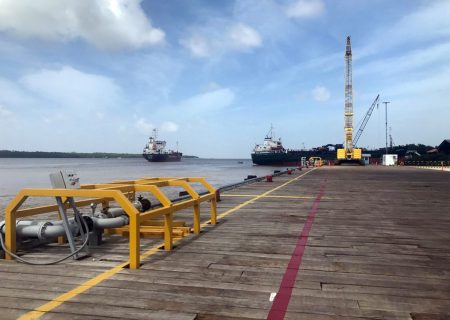 04 June 2018, News Wires – Qatar Petroleum signed an agreement on Sunday with ExxonMobil to acquire a 30 percent stake in two of Exxon’s affiliates in Argentina, giving QP access to oil and gas shale assets in the Latin American country.
04 June 2018, News Wires – Qatar Petroleum signed an agreement on Sunday with ExxonMobil to acquire a 30 percent stake in two of Exxon’s affiliates in Argentina, giving QP access to oil and gas shale assets in the Latin American country.
The deal would give QP, the world’s biggest supplier of liquefied natural gas (LNG), a 30 percent share in two of Exxon’s local affiliates in Argentina – ExxonMobil Exploration Argentina S.R.L. and Mobil Argentina S.A., which holds rights with other partners for seven blocks, QP said in a statement.
“This is an important milestone, as it marks Qatar Petroleum’s first investment in Argentina as well as its first significant international investment in unconventional oil and gas resources,” QP’s Chief Executive Saad Al-Kaabi said in the statement.
The agreements were signed by Al-Kaabi, and Andrew Swiger, senior vice president at Exxon Mobil Corp., in Doha.
The announcement did not disclose the value of the investment.
The blocks, in Vaca Muerta in the onshore Neuquen basin in Argentina, are under “unconventional exploration licenses with active drilling plans as well as exploitation licenses with pilot drilling and production,” QP said.
The deal between QP and Exxon comes as the world’s largest publicly traded oil producer looks to rapidly expand its upstream operations under Chief ExecutiveDarren Woods, who inherited a portfolio with relatively few international growth operations compared to peers.
Exxon has been investing heavily in its U.S. shale operations and in Guyana, though its development in Argentina has been slow due to a host of factors, including the geographic remoteness of the country from U.S. shale operations as well as government price controls for natural gas.
By bringing in QP as a partner, Exxon cuts its financial risk and also pushes the project forward.
For QP, the deal offers a chance to invest for the first time in a sizeable shale operation while avoiding the public relations difficulties that would have likely arisen had it invested in shale operations in the United States, where public sentiment still sees Qatar and other OPEC members as economic competitors.
- Reuters



